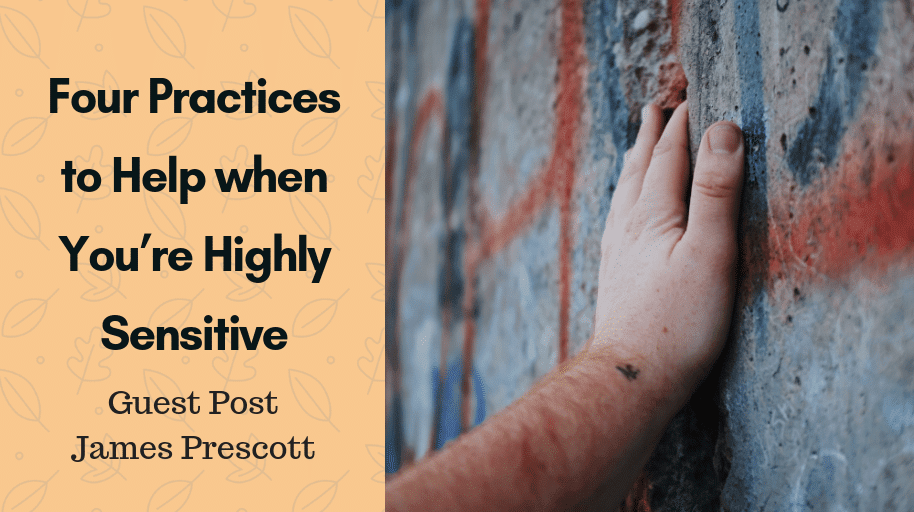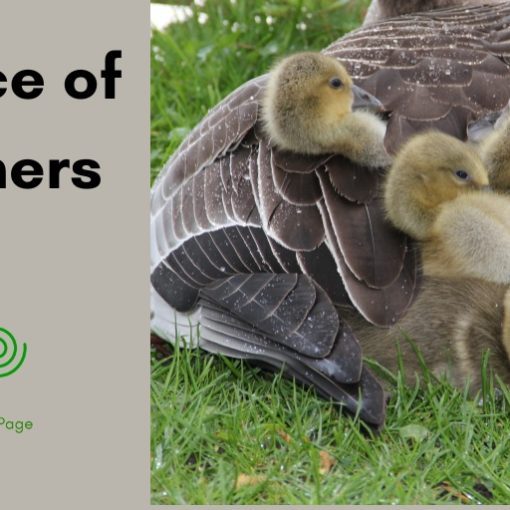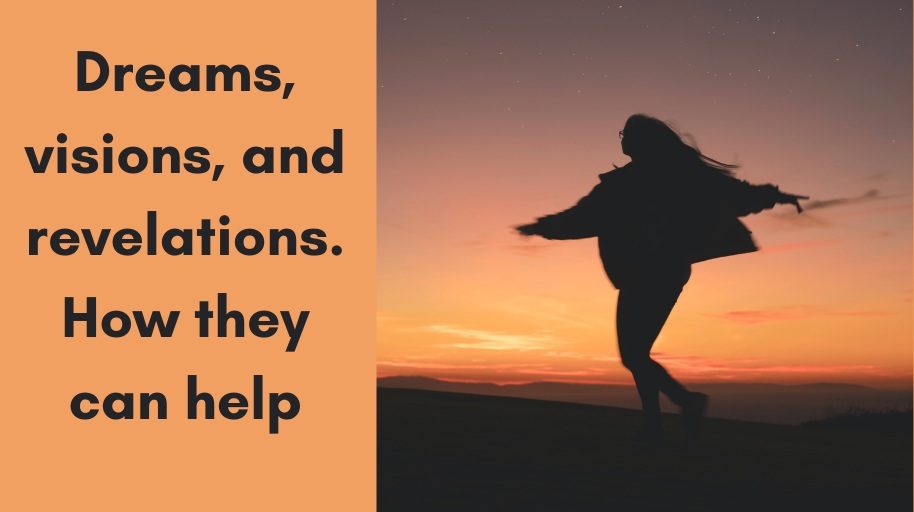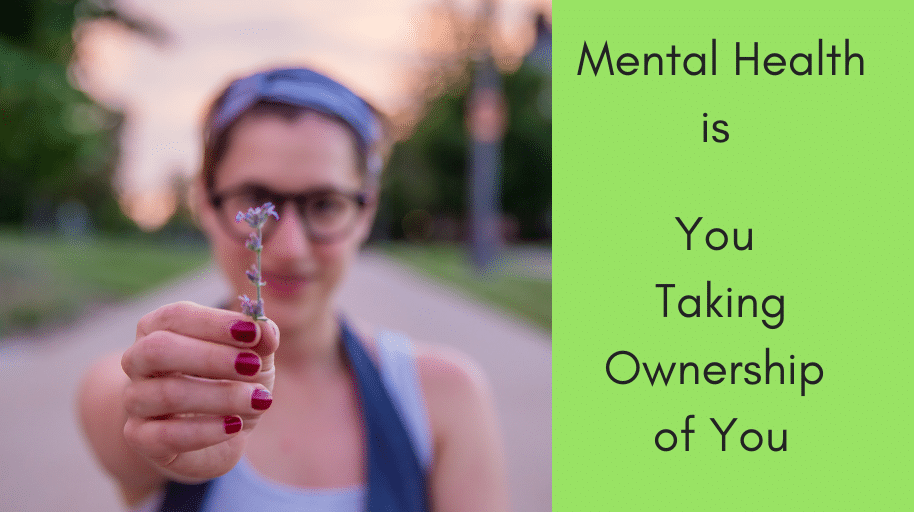Being highly sensitive isn’t a choice. It’s how your brain works. At its core, it means your heart, your soul, you mind bruises way more easily. You can learn some practices to calm the brain.
I’ve been a highly sensitive person with anxiety, and depressive moods my whole life. But I’ve never been officially diagnosed.
For me, the threshold for being hurt, feeling violated, betrayed, is much lower – and there’s nothing you can do about it.
The only power you have is how to respond to it – and if you don’t even know how it works, or that it’s even a diagnosis, you’re helpless against its power.
It controls you, and you have no idea – other than you’re hurt, upset, violated, offended and no one understands.
Bullying and Trauma
This made me a prime candidate for psychological bullying once high school started. But daily psychological bullying wasn’t all I had to endure.
Concurrently, my parents were going through a long, alcohol ridden, violent breakup. I was being neglected, and emotionally abused.
And then, a few years later, my mum passed away.
Being a highly sensitive, shy, anxious, introverted young man, this did a lot of damage to my already vulnerable mind.
When you’re highly sensitive
You see, when you’re highly sensitive, you internalize a lot of things.
You can be hurt, uncomfortable, unsettled, right deep down – and consciously be unaware of it. Or if you are aware of it, you can believe that there’s something wrong with you. Most highly sensitive people are empaths, which means we often take other people’s hurt onto ourselves.
So I internalized the blame for all that had happened.
I subconsciously decided I was not worth anything. Not worthy of love, success or happiness. Not worthy of health or a long life. Not worthy of friendships. And I began to sabotage my life.
As many of us do, I used busyness to avoid dealing with my pain, confronting my anxiety, depression, and loneliness. But it never went away.
Quit my job
In 2017, I quit my job and took time away. I finally had space to reflect, listen and talk about these core issues. And I consciously chose to confront these issues.
Life didn’t get better straight away. In fact, it got worse. But in truth, I was only getting in touch with the depression, anxiety, and loneliness which was already there.
As I worked these issues through, talked it through with experts, I began to be set free from the strongholds which held me back. I began to learn about how my brain worked.
Crucially, I learned that although we cannot choose whether or not our anxiety, low moods or high sensitivity will kick in or be triggered – we DO have power over how we respond to those triggers.
We don’t need to be passive
We don’t need to be passive and simply accept their power over us.
We can, with time, with support, learn to step back and recognize these triggers, be prepared for how we will respond, and learn to respond to those triggers in a healthy way.
Now, I have certain practices I use to do this.
Four Practices
- Taking yourself out of the space you’re in. You have no obligation to please anyone. Take yourself out of the environment to get yourself well.
- Going for a walk. Physically getting the nervous energy out of your body, using a different part of your brain. Going for a walk uses a different part of the brain than the part we use for thinking or ruminating. Movement helps us get out of our heads.
- I write. And not just when these moments, happens, but daily. Every night before I go to bed, I spend 5 minutes or so journaling, getting all those thoughts and feelings out of my head, out of my body, out of my system. Research has shown writing regularly can help our mental health and overall well-being – and you don’t need to be a pro writer to journal.
- Community. Find a network of people who you can go to whenever you’re triggered, one or two people at least, who you give permission to hear you at your most vulnerable, and give you support. Never forget you are loved, valuable and precious. You have people who love you and want to support you. Though this is never easy – I know, I’ve struggled to reach out on occasion – if you can, reach out.
These are just practices I use, and all of them have helped with my anxiety and high sensitivity, and recovery from trauma. And you can find your own as well.
We all have triggers, but we don’t have to allow them power over us. With time, practice and community, you can claim power over how you respond to your triggers, and be truly free.
Questions to consider
- What are your biggest mental health triggers?
- Do they have power over you?
- What is one step can you take today to begin to seize control of how you respond to triggers?
James Prescott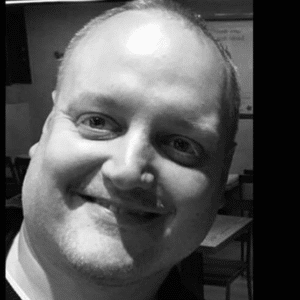
James Prescott is a blogger, podcaster, writing coach and author of the several books, including ‘Mosaic Of Grace’ & ‘Dance Of The Writer: A Beginners Guide To Authentic Writing,’ available free at his website, jamesprescott.co.uk, where you can find all of his work. He hosts the ‘Poema Podcast’ on spirituality and creativity, found wherever you listen to podcasts. Connect with James on Twitter at @JamesPrescott77

